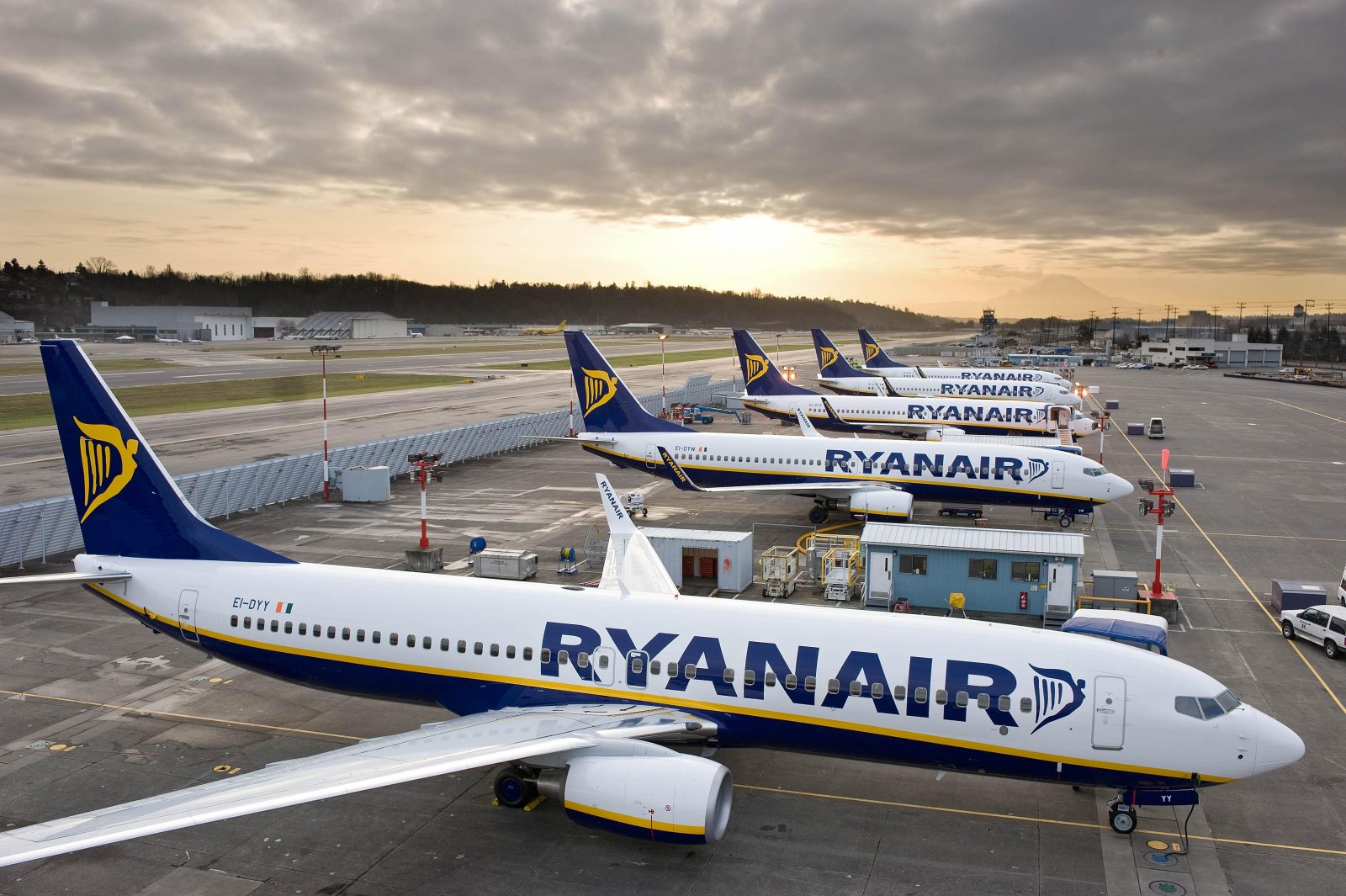
If you’ve heard of Ryanair (and let’s face it, who hasn’t?) then you’ve no doubt heard of the airline’s brash, loudmouthed chief executive Michael O’Leary. Largely credited with turning what was once a small regional Irish airline into the largest carrier in Europe by passenger numbers, O’Leary is definitely the very public figure of this publicity courting low-cost carrier.
But, of course, there’s more than one person to be credited for Ryanair’s stellar success story.
Yet, you’d be forgiven for never having heard of Ryanair’s long-serving chairman David Bonderman – despite the fact, this multi-billionaire has had a long and very successful career in the aviation industry. In fact, according to Forbes, Bonderman’s investment firm once invested $66 million in “faltering” Continental Airlines only to then cash out with a $640 million profit after U.S. airline managed to turn itself around.
The 74-year old Bonderman is the co-chief executive and founder of private equity giant TPG Capital. Born in Los Angeles, the American owns a significant stake in Ryanair and has been on the low-cost carrier’s board since 1996. It’s probably safe to say that Bonderman has had quite a lot of involvement in shaping the Ryanair we know today.
But is the corporate culture that Bonderman has helped create at Ryanair fit for a future which involves union involvement? After all, under Bonderman’s watch, the airline didn’t recognise trade unions for decades until a near revolt by pilots last year resulted in Ryanair finally agreeing to deal with unions.

But the International Transport Workers Federations (ITF) claims Ryanair has a long way to go “to build a mature relationship with unions, improve its employment practices and ensure fair conditions for its employees.”
In the last few weeks, Ryanair has managed to strike some important deals with trade unions in several countries – but negotiations have been slow, patchy and marred by negative rhetoric. With Ryanair’s annual general meeting fast approaching, the ITF is calling on Bonderman to step down from his role as chairman of the board.
“In recent months Ryanair has shown its immaturity in industrial relations,” explained Stephen Cotton, the ITF’s General Secretary.
“We believe that these problems partly stem from a seriously antiquated corporate governance model. Keeping the same chair for over two decades and installing former Ryanair executives as ‘independent’ non-executives does not lend itself to proper scrutiny and challenge in the boardroom.”
Both the ITF and its affiliate, the European Transport Workers Federation says they have lost confidence in the ability of Ryanair’s current leadership to “transition to a sustainable, unionised business model”. Eduardo Chagas of the ETF has even said Bonderman is “stuck in the last century”.
Only recently, Bonderman who was a board member of ride-hailing app Uber was forced to step down from his role after making a sexist comment about women in senior leadership positions. At a press conference to unveil a plan by Uber to overhaul its corporate culture, Bonderman interrupted a fellow board member to say having more women serving on the board would just mean more talking.
In a statement provided through consultancy firm, the airline responded to the ITF’s demands by saying:
“Ryanair shareholders will pass all AGM resolutions by a large majority this year, including the nomination of directors and chairman, as they have done in all previous years. They appreciate how fortunate we are to have an outstanding Chairman like David Bonderman guide the Board and the airline.”
Updated on 5th September to include statement from Ryanair.
Mateusz Maszczynski honed his skills as an international flight attendant at the most prominent airline in the Middle East and has been flying ever since... most recently for a well known European airline. Matt is passionate about the aviation industry and has become an expert in passenger experience and human-centric stories. Always keeping an ear close to the ground, Matt's industry insights, analysis and news coverage is frequently relied upon by some of the biggest names in journalism.







